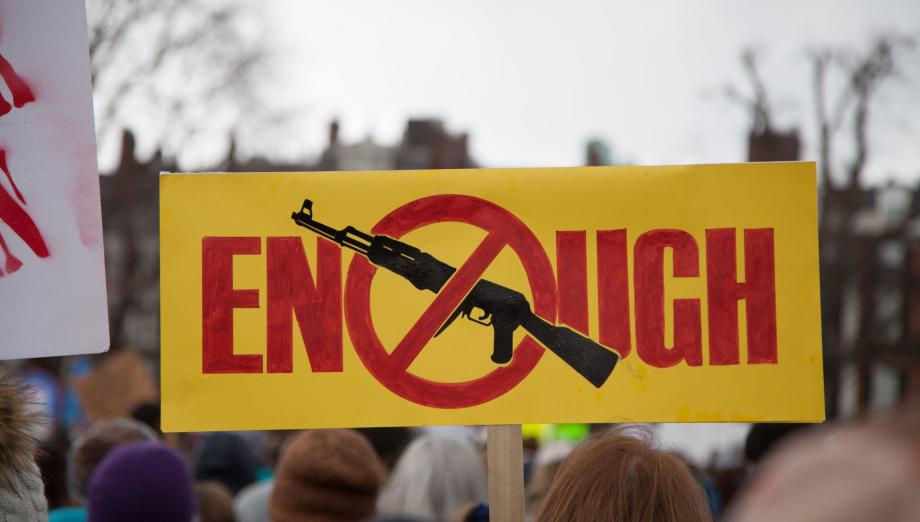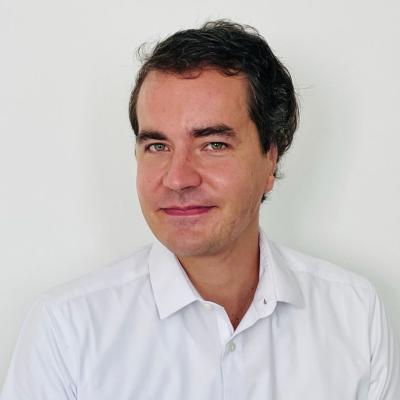Violence has come to Central Europe

By Juraj Kuruc.
Mass shootings are a thing that happens in the United States – not in Central Europe, and most certainly not in the little big city of Bratislava, the capital of Slovakia. Yet this is precisely what happened on Wednesday night. A lone shooter shot two men outside a café on a street near Bratislava’s Old Town. What is known is that the alleged perpetrator was found dead several hours later. It is the second deadly incident this week. On Sunday night, a drunk driver drove into a crowded bus stop killing five and injuring many others. These two incidents are by no means connected. The only thing that connects them is violence.
There will be a time in the coming weeks to analyse what happened on Thursday night and why. There will be a time for precise analyses ranging from domestic terrorism, self-radicalisation, and extreme ideology perspectives, as well as a search for intrinsic causes and political messaging in a deeply divided Slovak society. The Slovak political cycle is starting anew, with local elections at the end of this month. These will serve as a testing ground for how well the current minority government in Slovakia is perceived.
Therefore, there is no doubt that quick fixes will be put forward as to why we must never forget the events that transpired and why this type of violence must never occur again. It is obvious that Slovak affinity with alcohol was behind the drunk driving incident on Sunday night. Consequently, stricter laws against drunk drivers and the raising of legal limits on the drinking age were already suggested. Similarly, it can be expected that stricter laws on gun possession will be proposed.
However, laws are not the issue. Slovakia already has some of the most rigid laws when it comes to both drunk driving and firearms. What appears to be the problem is how these laws are observed and how society at large perceives them. And therein lies the problem. There are innumerable quotes of Slovak politicians ranting against the LGBT+ community and other minorities. Civic tolerance is not something that would be considered politically fashionable.
The problem is that this is a regional symptom, not just a Slovak one. Tolerating hate within a society and attempting to divide it into “us” and the horrid “them” invariably leads to conflict. This is a wake-up call, not only for Bratislava and Slovakia as it enters its election campaign, but for the wider region as well. Russian-sponsored propaganda, internet trolls, and disinformation operations cannot be countered with violence. But if Slovakia and the wider region fail to face hate speech and hate crimes, the worse is yet to come.
